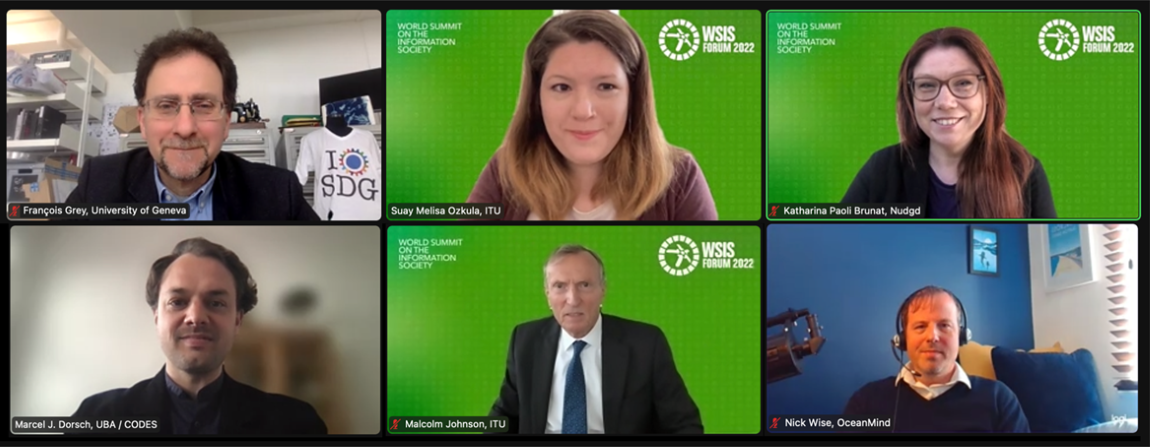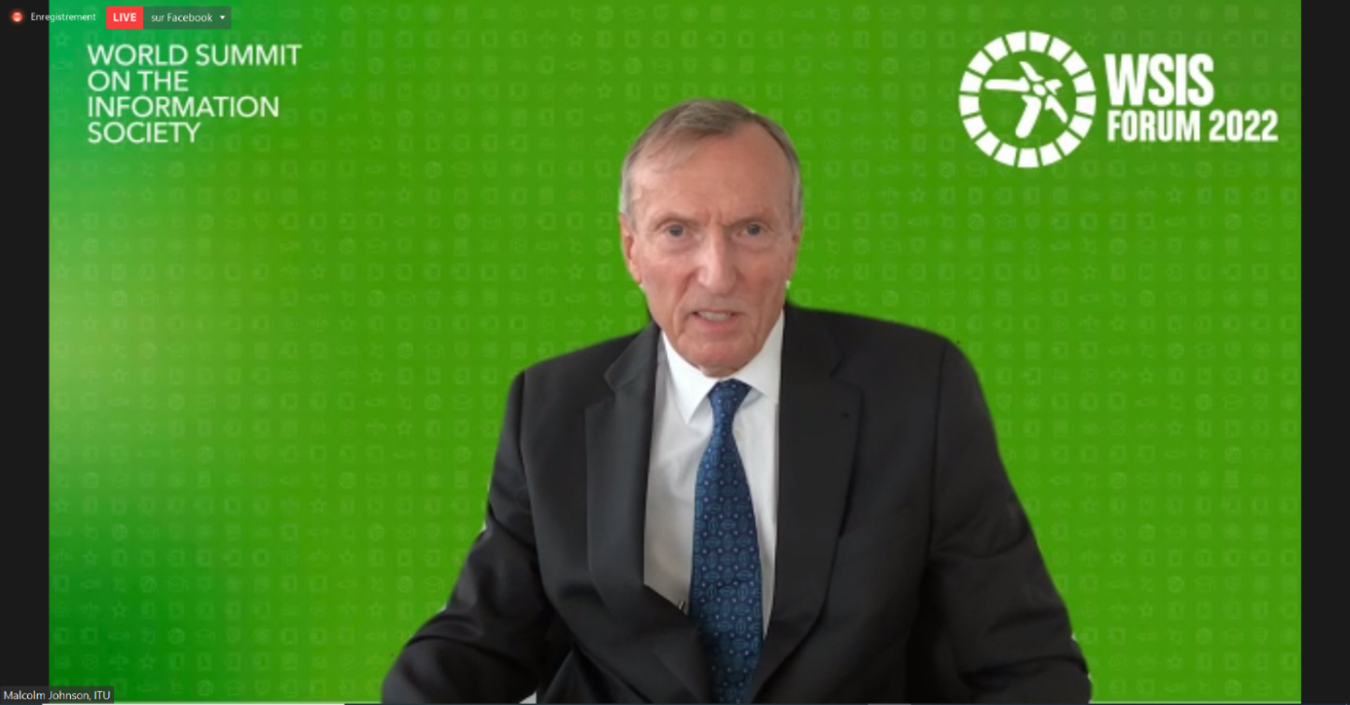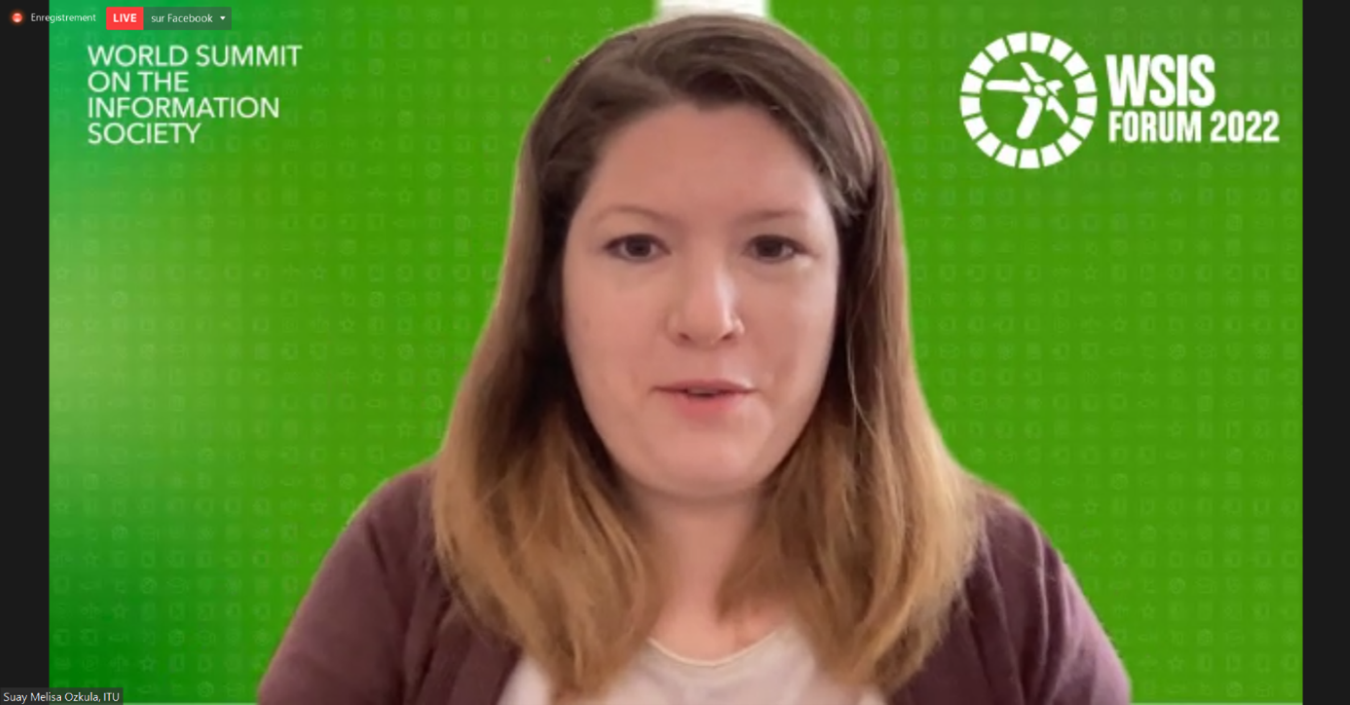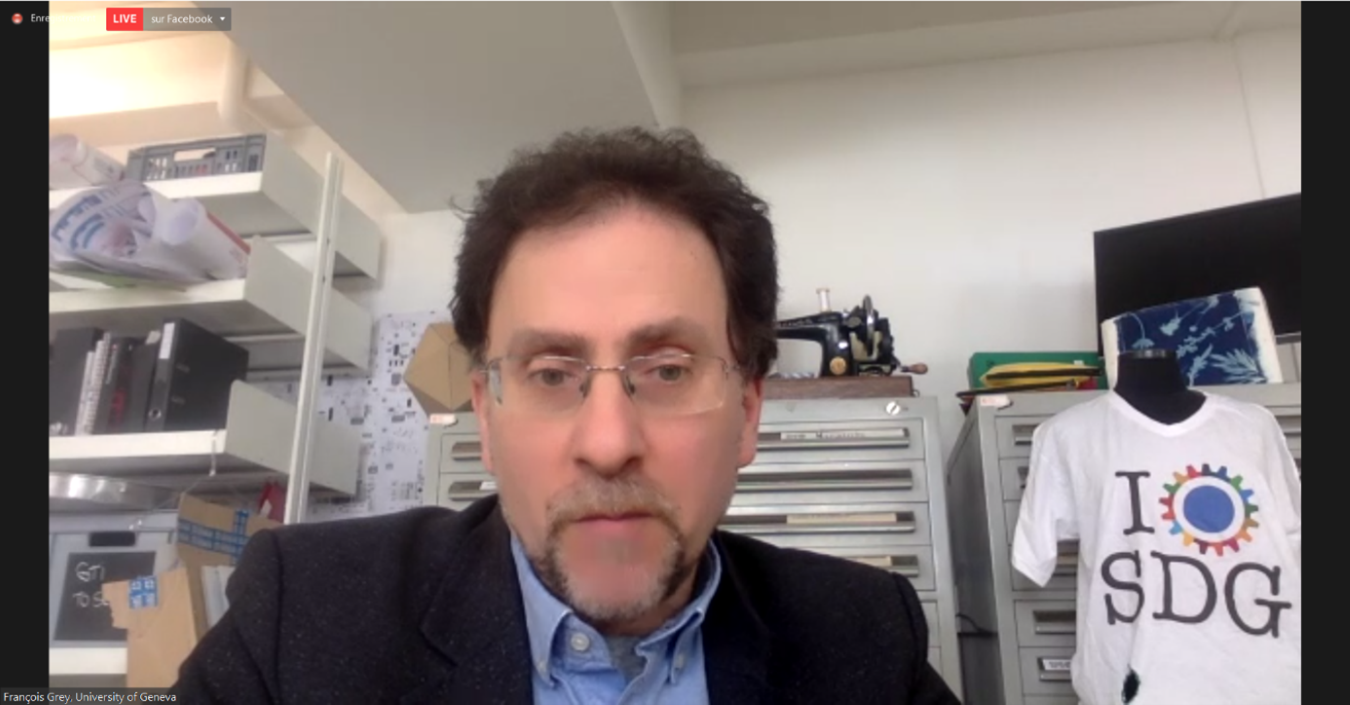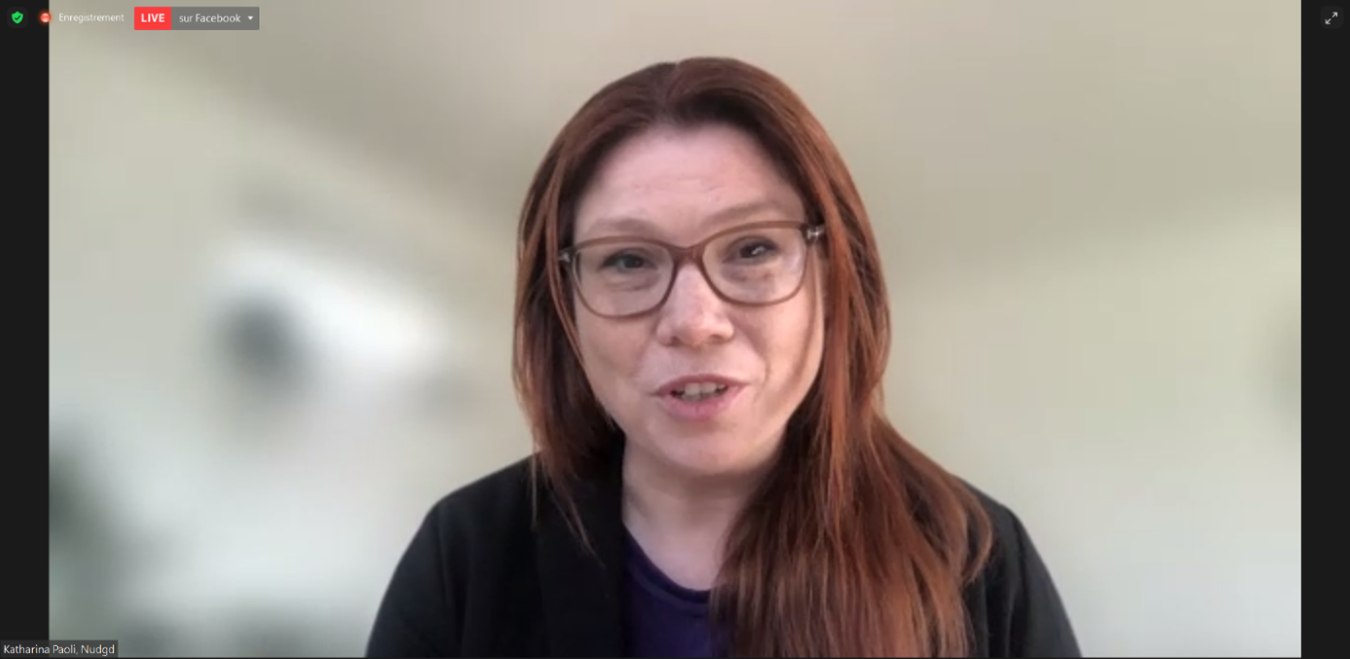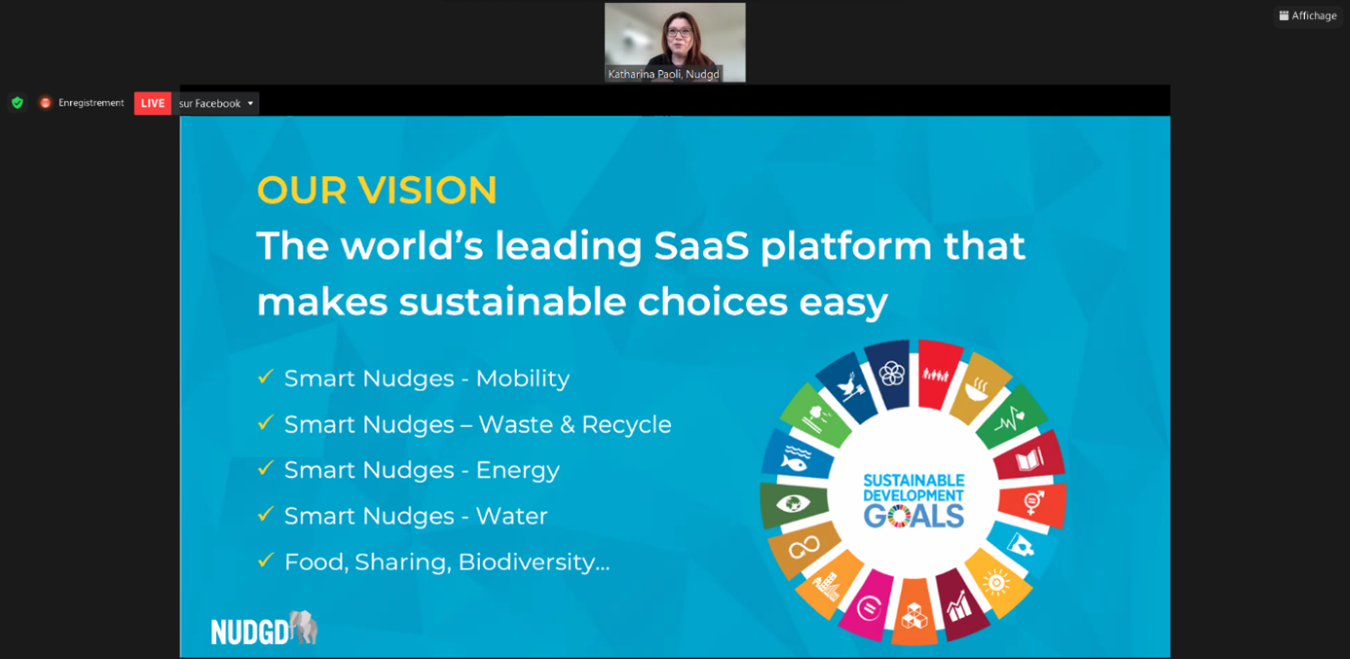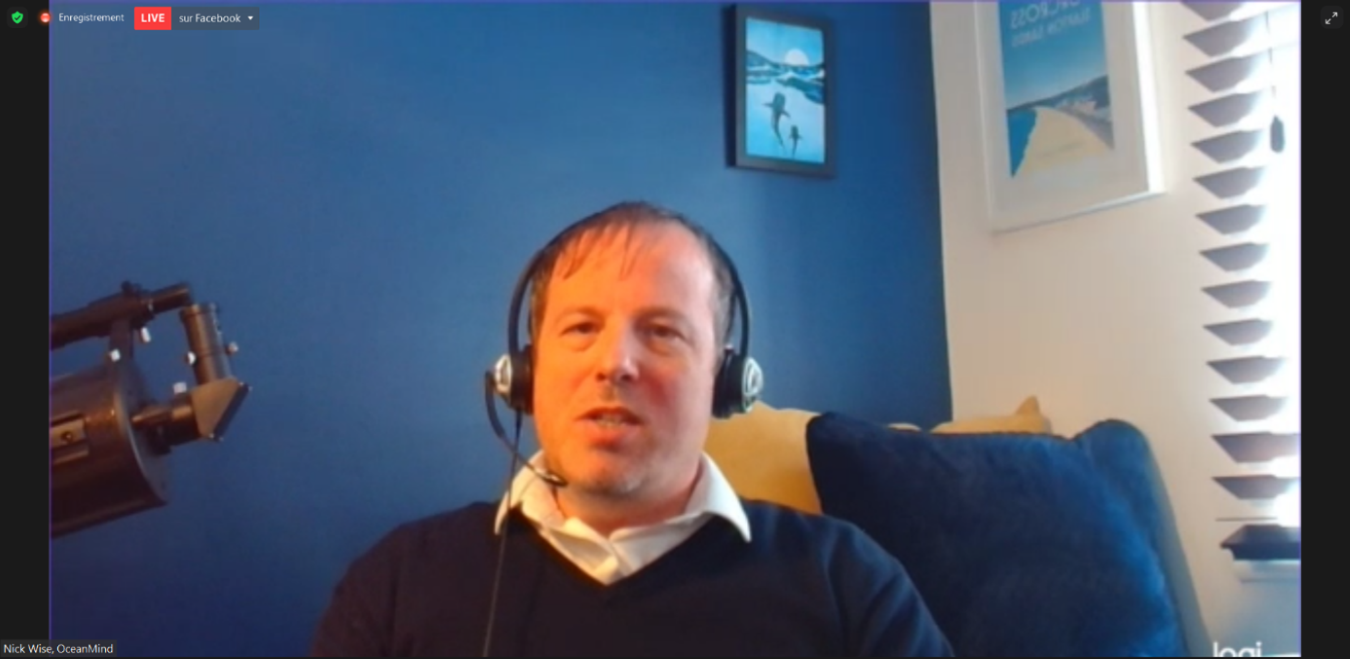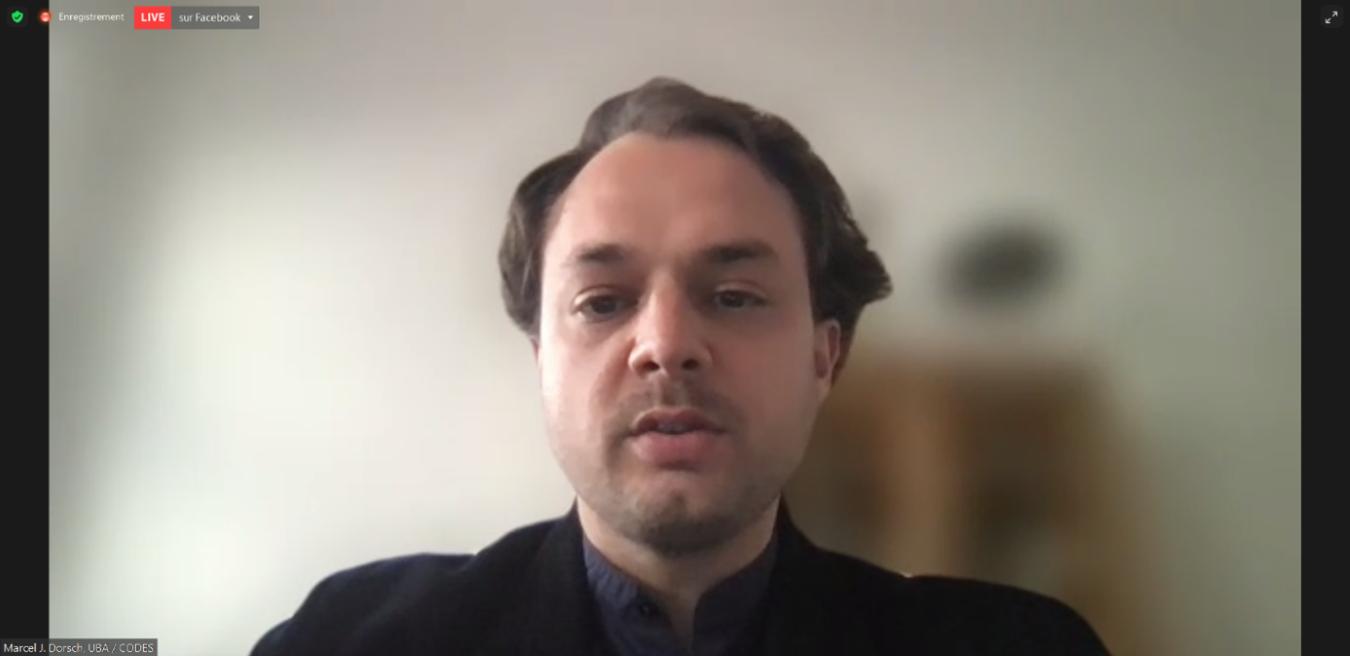Opening of the ICTs for the Environment week
WSIS
Session 154
According to the sixth IPCC Assessment Report Climate Change 2022: Impacts, Adaptation and Vulnerability, we need a multisectoral approach to facilitate climate-resilient development, which requires increased investment for climate change programmes, access to information technologies, building up the capacity of governments at all levels, ensure inclusive global governance by involving the government, international organizations, the academia, private sector, and civil societies in the decision-making processes.
We are proud to announce that this year, the WSIS Forum will be hosting a new Special Track on ICTs for the Environment from 28th of March to 1st of April. This WSIS Special Track aims to shed light on innovative conservation efforts in using Information and Communication Technologies (ICTs) to conserve nature and habitat to ensure environmental sustainability. Through this event, we are striving to raise awareness of the impacts of Climate Change and generate a sense of urgency among the public to encourage more people to protect every species living on this planet. The WSIS Team would also want to take advantage of its multistakeholder approach to facilitate an inclusive dialogue among conservationists from different sectors of society.
The work of the WSIS process is structured within the framework of the WSIS Action Lines, a set of key objectives, goals and targets which align with the UN's Sustainable Development Goals. The theme of this Special Track on ICTs for the Environment, will be inspired by and seek to inform efforts towards the achievement of UN Sustainable Development Goals Goal 13 – Climate Action, Goal 14 – Life Below Water, Goal 15 – Life on Land and Goal 6 – Clean Water and Sanitation. In addition, as environmental degradation has adverse impacts on agricultural activities, a decrease in availability of food is directly connected to the problem of food insecurity, which could present more obstacles to tackle Goal 1 – No Poverty, and Goal 2 – Zero Hunger
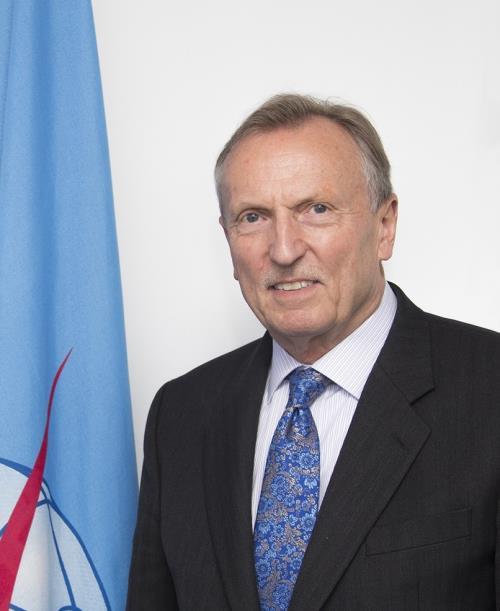
Malcolm Johnson is a seasoned information and communication technology (ICT) executive who has served in senior management positions at the International Telecommunication Union (ITU) since 2007. Prior to his election as Deputy Secretary-General, he was Director of ITU’s Telecommunication Standardization Bureau.
Earlier, he served as International Coordinator at the United Kingdom’s Office of Communications (Ofcom), with chief responsibility for UK engagement with ITU and international regulators. As Director of the UK Radiocommunications Agency until 2003, he also acted as the European Coordinator for several World Radiocommunication Conferences.
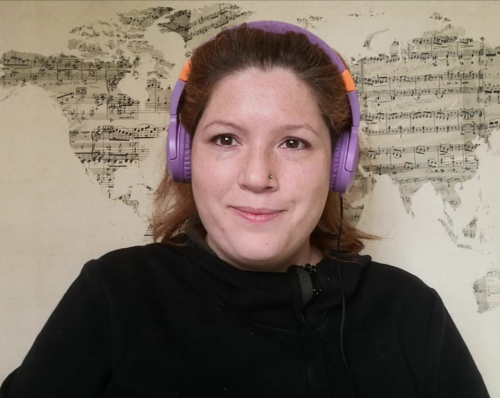
Dr. Suay M. Özkula is a Marie Skłodowska-Curie Research Fellow in the School of International Studies at the Università degli Studi di Trento (Italy) and a Visiting Research Fellow at the ITU. Her current project looks at international experiences of digital political empowerment in crowdsourcing initiatives on climate change.
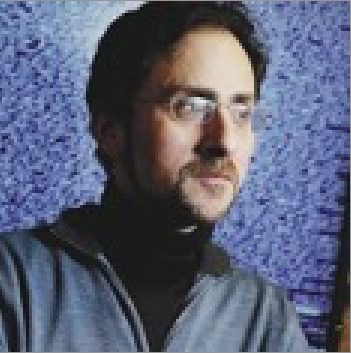
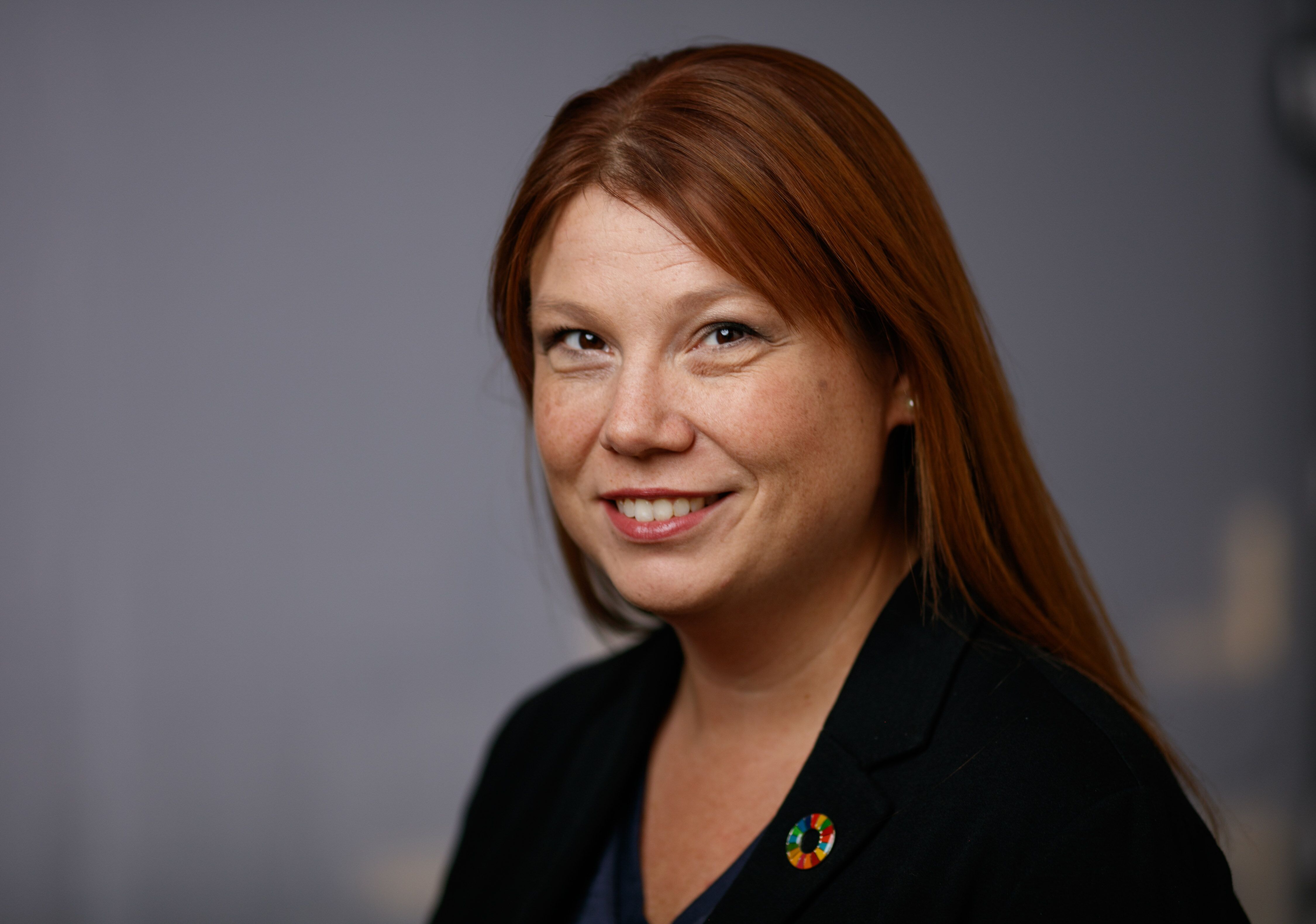
Katharina is the Founder and CEO of Nudgd and initiator of Nudging Sweden. She has a background as communications strategist with a focus on CSR and sustainability communications and is one of Europe's most well known nudging experts. Katharina is also a member of the Climate Reality Leadership Corps, Al Gore's global network of leaders committed to address the climate crisis, and has been trained in public speaking and climate leadership by Al Gore himself. Above that she has also been a mentor for Singularity University‘s Global Startup Program and she serves as an advisor for several Clean Tech startups such as Ljusg rda Vertical Farming and VRexicon-the Global Virtual Reality SDG Education Library. In 2020 Katharina was selected as a finalist in the We Empower SDG Challenge, which recognized her work as a women entrepreneur advancing the United Nations Sustainable Development Goals.
Katharina uses nudging to make sustainable choices easy and help organizations get Return on Investment and measurable results in their sustainability initiatives in a fun and engaging way. Her company Nudgd works with Corporations, Municipalities and Governmental Agencies that want to get action and measurable results within the Sustainable Development Goals. By using nudging - a method that combine behavioral science, psychology and design - Katharina and her team provide hands on evidence-based solutions that makes sustainable choices easy.
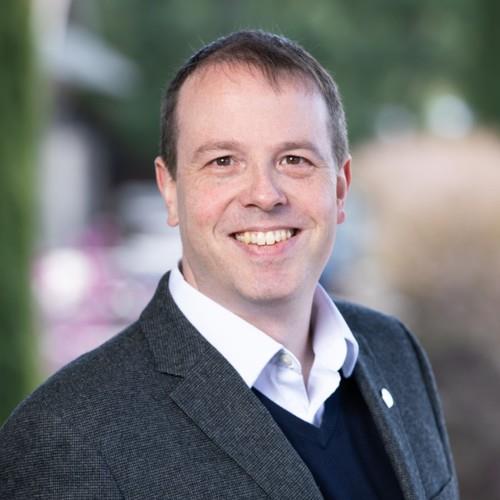
We face a global crisis. Seafood feeds 3 billion people and supports the livelihood of 12% of the world’s population, yet with 30% of the world’s fisheries overfished and 60% fished to the limits of sustainability, food security and poverty are serious concerns. On top of this, illegal fishing is associated with a range of other crimes including human trafficking and slavery, causing misery and suffering for thousands of people.
Nick Wise is founder and CEO of OceanMind, a non-profit organisation dedicated to protecting the world’s oceans. Using satellites and artificial intelligence, OceanMind powers effective fisheries enforcement and enables more responsible seafood sourcing, increasing compliance and sustainability. Building on this success, OceanMind is now developing AI to detect modern slavery on the oceans, particularly in fisheries, and to detect the desecration of war graves through unauthorised undersea salvage.
Nick has been designing large scale, highly secure software solutions for over 20 years, using innovative techniques focused on market needs. Before joining the ranks of social entrepreneurship, Nick’s journey saw him starting an Internet security business, as CTO of a mature SME, and managing product development in a billion-dollar multinational. As a DRK Entrepreneur, Nick now empowers people to solve global issues with technology.
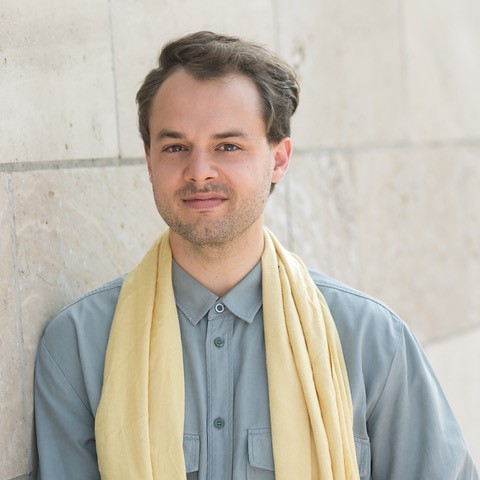
Marcel J. Dorsch works at the interface of science and politics, mainly on conceptual and practical problems of global sustainability policy. Since 2021, he has been a senior researcher at the President's department of the German Environmental Agency (UBA) focusing on strategic priorities for a sustainable digital age. In this capacity, he is UBA’s focal point for the Coalition for Digital Environmental Sustainability (CODES) as well as co-coordinator and co-author of the new CODES Action Plan for a Sustainable Planet in the Digital Age. Before that, he has been the global governance researcher at the German Advisory Council on Global Change (WBGU) and co-author of the WBGU expert reports (incl. WBGU, 2019: Towards Our Common Digital Future). He worked at the Mercator Research Institute on Global Commons and Climate Change (MCC) and finalized a doctoral thesis on polycentric sustainability governance at the Technical University Berlin.
-
 C1. The role of governments and all stakeholders in the promotion of ICTs for development
C1. The role of governments and all stakeholders in the promotion of ICTs for development
-
 C3. Access to information and knowledge
C3. Access to information and knowledge
-
 C6. Enabling environment
C6. Enabling environment
-
 C7. ICT applications: benefits in all aspects of life — E-learning
C7. ICT applications: benefits in all aspects of life — E-learning
-
 C7. ICT applications: benefits in all aspects of life — E-health
C7. ICT applications: benefits in all aspects of life — E-health
-
 C7. ICT applications: benefits in all aspects of life — E-environment
C7. ICT applications: benefits in all aspects of life — E-environment
-
 C7. ICT applications: benefits in all aspects of life — E-science
C7. ICT applications: benefits in all aspects of life — E-science
-
 C11. International and regional cooperation
C11. International and regional cooperation
-
 Goal 1: End poverty in all its forms everywhere
Goal 1: End poverty in all its forms everywhere
-
 Goal 2: End hunger, achieve food security and improved nutrition and promote sustainable agriculture
Goal 2: End hunger, achieve food security and improved nutrition and promote sustainable agriculture
-
 Goal 6: Ensure access to water and sanitation for all
Goal 6: Ensure access to water and sanitation for all
-
 Goal 13: Take urgent action to combat climate change and its impacts
Goal 13: Take urgent action to combat climate change and its impacts
-
 Goal 14: Conserve and sustainably use the oceans, seas and marine resources
Goal 14: Conserve and sustainably use the oceans, seas and marine resources
-
 Goal 15: Sustainably manage forests, combat desertification, halt and reverse land degradation, halt biodiversity loss
Goal 15: Sustainably manage forests, combat desertification, halt and reverse land degradation, halt biodiversity loss
-
 Goal 16: Promote just, peaceful and inclusive societies
Goal 16: Promote just, peaceful and inclusive societies
